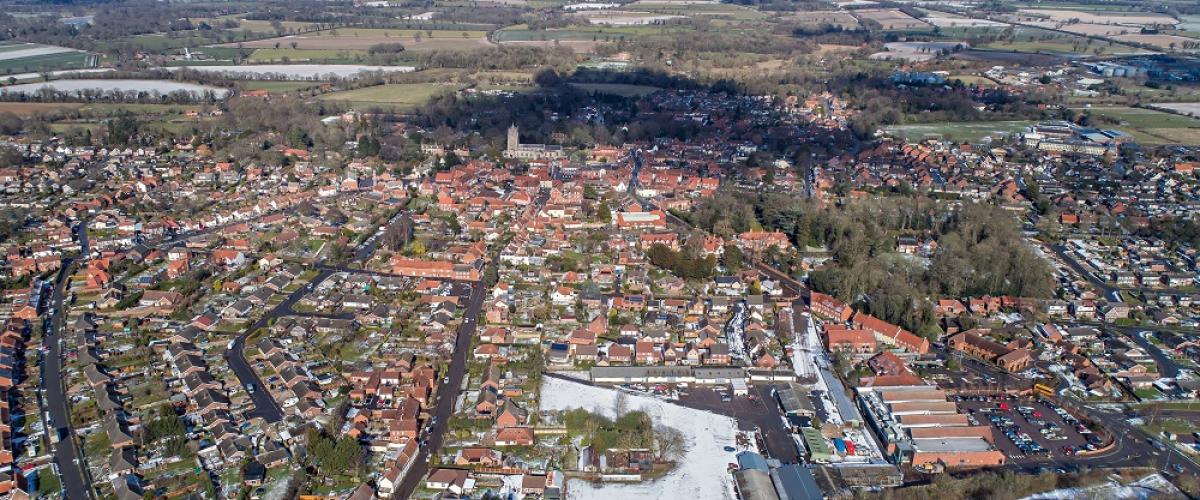COVID CLAUSES AND RENT REVIEWS – HOW COMING OUT OF THE PANDEMIC REQUIRES A COLLABORATION BETWEEN LANDLORDS AND TENANTS
COVID CLAUSES AND RENT REVIEWS – HOW COMING OUT OF THE PANDEMIC REQUIRES A COLLABORATION BETWEEN LANDLORDS AND TENANTS
As we approach what we are promised is an ‘irreversible’ route out of lockdown, the consequences of 12 months of disrupted or even suspended trading amongst occupiers of commercial buildings are still coming home to roost.
Businesses which have had no income for months on end will be struggling to meet all of their financial obligations, whether it’s catching up on VAT payments, national insurance and pensions costs for furloughed staff, or simply paying the rent. For landlords, that means sharing in the pain of their tenants – and considering how to recoup some of those losses and rebuild a sustainable income stream from their investments.
For many, Covid has meant an enforced renegotiation of lease terms, or at the very least allowing rent concessions to avoid tenants going under completely. That is not a question of tearing up the lease; in fact, for most, plotting a course back to a point where the original lease terms will apply has to be the main objective. But there may need to be flexibility in the short term.
Conscious of the potential extra costs of having to relet a building – months with no rent during the void period, legal costs, marketing costs, business rates and so on – many landlords have chosen to offer varied terms to their tenants in an effort to keep them viable and sustainable for the long-term.
This might involve deferring rent payments with payback over an extended period, or even offering a rent-free period in exchange for an extension to the length of the lease. This is especially true where a landlord enjoys a good relationship with a longstanding tenant, or where they know that their building might be difficult to relet in the current climate.
Even when lockdown ends, the repercussions of the pandemic will rumble on. Generally tenants pay their rents quarterly in advance; it’s hard to see how a hospitality business, for example, which has only been able to partially open in May, will be able to stump up three months’ rent on the due date in June. Landlords may have to consider a stepped return to normality, perhaps agreeing monthly rent payments for a period.
A more fundamental solution might be to renegotiate the lease completely, perhaps including an element of turnover rent. It’s likely this will become more common, especially in the retail sphere, allowing landlords to share the pain in the hope of sharing the gain or recovery at some stage. Such arrangements can make tenant businesses more viable, which is in everyone’s interests.
In this environment, rent reviews are becoming ever more complex. Deep market knowledge – as well as a good understanding of the underlying economy – is vital if an outcome is to be found which works for both parties.
Decisions need to be made on the basis of empirical evidence, of both tenant trading conditions and the local property market. Squeeze too hard as a landlord and you risk being left with a void property which is difficult to relet; give too much away and your yields could become unacceptably low. It’s a real tightrope, which requires expert guidance.
Boris Johnson’s roadmap runs for just another three months; commercial property investors will be seeking a longer-term route back to normality which is likely to be measured in years.




